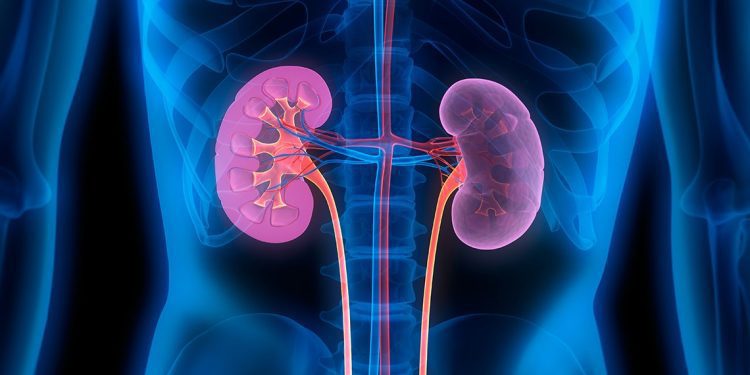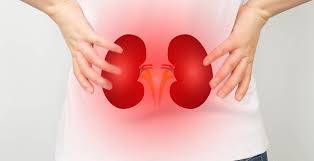Kidney disease is a global health issue that affects millions of people worldwide, including Ghana. In Ghana, the prevalence of kidney disease is increasing, with an estimated 14% of the population living with some form of kidney disease that’s say approximately over Four Million Ghanaians live with one form of Kidney disease. In this article, we will explore the causes of kidney disease in Ghana and discuss the efforts being made to seek solutions to this growing health concern.
9 Main Causes of Kidney Disease in Ghana
There are several factors contributing to the rise in kidney disease cases in Ghana. According to the World Health Organization (WHO) some of the causes include;
- Diabetes: High levels of glucose in the blood can damage the blood vessels in the kidneys, leading to kidney damage and eventually kidney failure.
- Hypertension: High blood pressure can damage the blood vessels in the kidneys, reducing their ability to filter waste and fluids from the body.
- Glomerulonephritis: This is a group of diseases that cause inflammation and damage to the glomeruli, which are the tiny filters in the kidneys that help remove waste and excess fluid from the blood.
- Polycystic kidney disease: A genetic disorder that causes the growth of cysts in the kidneys, which can lead to kidney damage and eventually kidney failure.
- Urinary tract infections: Repeated infections can lead to scarring of the kidneys, which can damage their function.
- Kidney stones: The formation of kidney stones can block the urinary tract, leading to kidney damage and infection.
- Autoimmune diseases: Certain autoimmune diseases, such as lupus, can cause inflammation and damage to the kidneys.
- Medications and toxins: Certain medications and toxins, such as heavy metals, can cause kidney damage and eventually kidney failure.
- Aging: As we age, the kidneys naturally lose some of their function, which can lead to kidney disease over time.
It is important to understand the causes of kidney disease and take steps to prevent and manage the condition. This may include maintaining a healthy lifestyle, managing underlying health conditions such as diabetes and hypertension, and avoiding exposure to toxins and harmful medications.
Lifestyle choice that could increase the risk of kidney diseases
Here are some lifestyle factors that can increase the risk of developing kidney disease:
- Poor diet: A diet high in processed foods, refined sugars, and unhealthy fats can increase the risk of developing high blood pressure, diabetes, and obesity, which are all risk factors for kidney disease.
- Smoking: Smoking can damage blood vessels and reduce blood flow to the kidneys, increasing the risk of kidney disease.
- Lack of exercise: Physical inactivity can lead to obesity, high blood pressure, and diabetes, which are all risk factors for kidney disease.
- Dehydration: Not drinking enough water can lead to dehydration and a buildup of toxins in the body, which can damage the kidneys over time.
- Alcohol consumption: Drinking excessive amounts of alcohol can damage the kidneys and increase the risk of developing high blood pressure and other health problems.
- Overuse of over-the-counter pain relievers: Overusing medications such as ibuprofen and aspirin can damage the kidneys and increase the risk of developing kidney disease.
- Exposure to toxins: Exposure to certain chemicals, such as lead and cadmium, can damage the kidneys and increase the risk of kidney disease.































